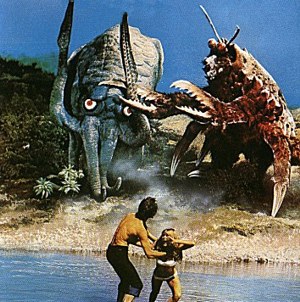by Daniel Rourke
Mid-way through H.G.Wells’ The Time Machine, the protagonist stumbles into a sprawling abandoned museum. Sweeping the dust off ancient relics he ponders his machine’s ability to hasten their decay. It is at this point that The Time Traveller has an astounding revelation. The museum is filled with artefacts not from his past, but from his own future: The Time Traveller is surrounded by relics whose potential to speak slipped away with the civilisation that created them.
Having bypassed the normal laws of causality The Time Traveller is doomed to inhabit strands of history plucked from time’s grander web. Unable to grasp a people’s history – the conditions that determine them – one will always misunderstand them.
Archaeology derives from the Greek word arche, which literally means the moment of arising. Aristotle foregrounded the meaning of arche as the element or principle of a Thing, which although indemonstrable and intangible in Itself, provides the conditions of the possibility of that Thing. In a sense, archaeology is as much about the present instant, as it is about the fragmentary past. We work on what remains through the artefacts that make it into our museums, our senses and even our language. But to re-energise those artefacts, to bring them back to life, the tools we have access to do much of the speaking.
 Like the unseen civilisations of H.G.Wells’ museum, these Things in Themselves lurk beyond the veil of our perceptions. It is the world in and of Itself; the Thing as it exists distinct from perceptions, from emotions, sensations, from all phenomenon, that sets the conditions of the world available to those senses. Perceiving the world, sweeping dust away from the objects around us, is a constant act of archaeology.
Like the unseen civilisations of H.G.Wells’ museum, these Things in Themselves lurk beyond the veil of our perceptions. It is the world in and of Itself; the Thing as it exists distinct from perceptions, from emotions, sensations, from all phenomenon, that sets the conditions of the world available to those senses. Perceiving the world, sweeping dust away from the objects around us, is a constant act of archaeology.
Kant called this veiled reality the noumenon, a label he interchanged with The-Thing-Itself (Ding an Sich). That which truly underlies what one may only infer through the senses. For Kant, and many philosophers that followed, The Thing Itself is impossible to grasp directly. The senses we use to search the world also wrap that world in a cloudy haze of perceptions, misconceptions and untrustworthy phenomena.
In another science fiction classic, Polish writer Stanislaw Lem considered the problem of The Thing Itself as one of communication. His Master’s Voice (HMV), written at the height of The Cold War, tells the story of a team of scientists and their attempts to decipher an ancient, alien message transmitted on the neutrino static streaming from a distant star. The protagonist of this tale, one Peter Hogarth, recounts the failed attempts at translation with a knowing, deeply considered cynicism. To Peter, and to Stanislaw Lem himself, true contact with an alien intelligence is an absolute impossibility:
“In the course of my work… I began to suspect that the ‘letter from the stars’ was, for us who attempted to decipher it, a kind of psychological association test, a particularly complex Rorschach test. For as a subject, believing he sees in the coloured blotches angels or birds of ill omen, in reality fills in the vagueness of the thing shown with what is ‘on his mind’, so did we attempt, behind the veil of incomprehensible signs, to discern the presence of what lay, first and foremost, within ourselves.”
Stanislaw Lem, His Master’s Voice
Read more »


 The season finale of
The season finale of